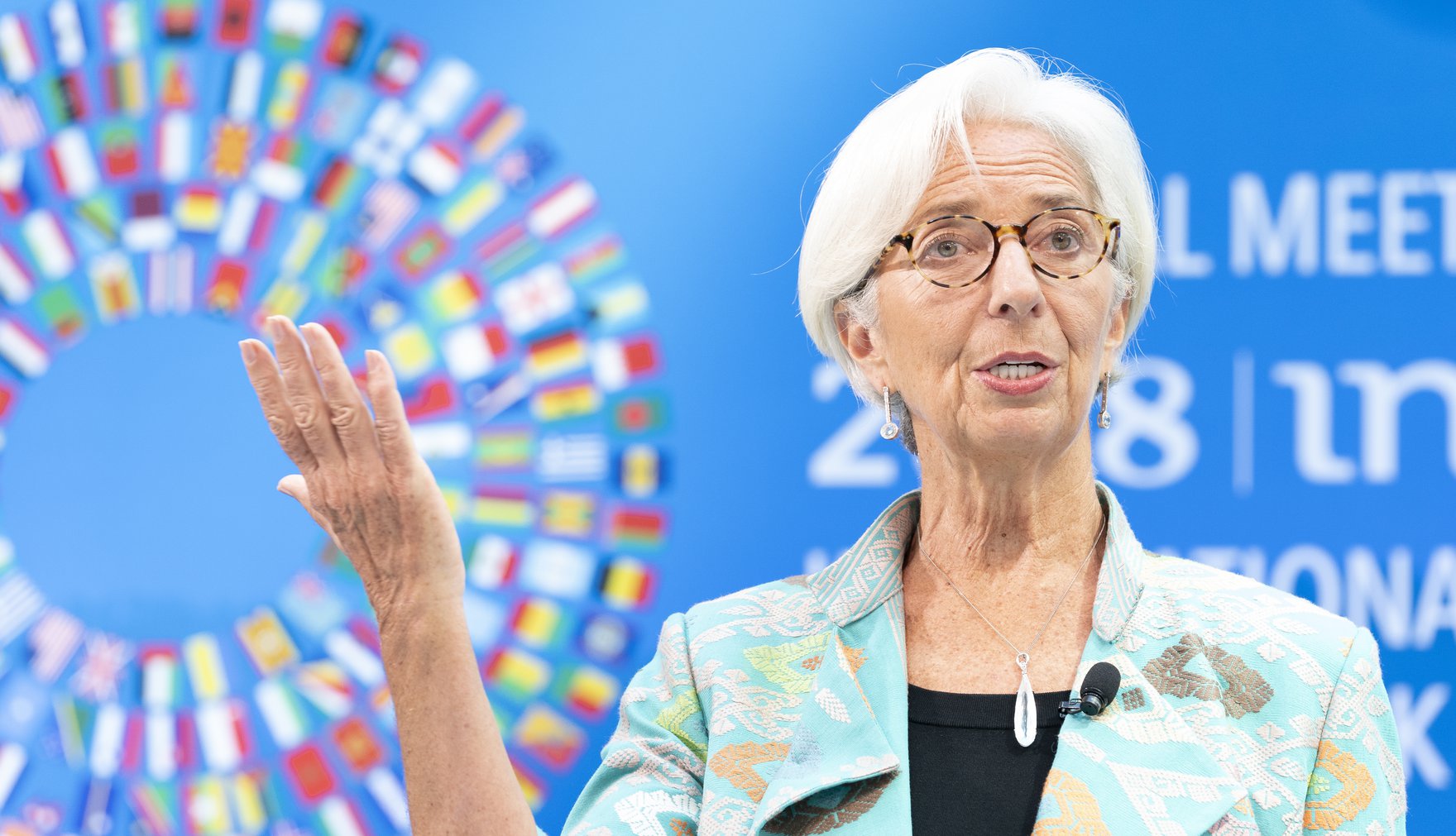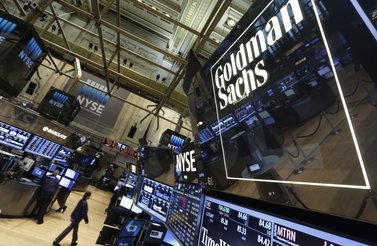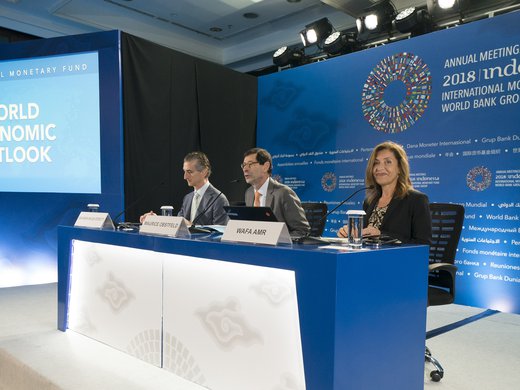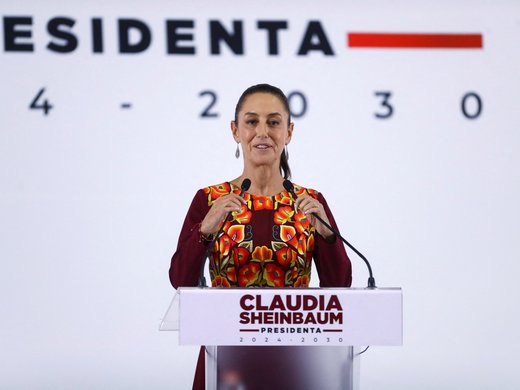From October 8 to 13, about 15,000 people from 189 member countries are expected to attend the meetings of the International Monetary Fund (IMF) and World Bank Group to discuss global trade, emerging-market debt, global interest rate policy, bank regulations and infrastructure financing.
Financial technology (or fintech) is expected to take centre stage in Bali.
“We’re trying to give an impetus to the member countries to address the challenges of financial technology,” said IMF spokesperson, Alistair Thomson.
On October 11, IMF Chief Christine Lagarde will debate Financial Stability Board Chief and Bank of England Governor Mark Carney, Indonesia’s Minister of Finance Sri Mulyani Indrawati and World Bank President Jim Yong Kim at a launch event dubbed the “Bali Fintech Agenda.”
Financial technology’s potential to both reduce poverty but also give rise to systemic economic risks will be a focus of the discussion. In a speech delivered on October 1, Lagarde suggested that the agenda, which will be released at the meetings, is essentially a blueprint for policy makers to manage new technological risks while “harnessing” fintech’s potential for everyone, not just the wealthy and well-connected.
In that vein, participants will examine the ways in which financial technology is changing the economic landscape. For example, fintech is often celebrated for its role in increasing access to mobile payment services in developing markets.
“If the smart phone in your hand gives you access to payment services, bank accounts, it can lead to a lot greater financial inclusion. It lowers the barriers to entry,” said Thomson. “We’re trying to help member countries build a framework to have healthy economies and healthy growth.”
He cited Kenya’s early adoption of mobile monetary systems for enabling people to make payments via cellphones as an example. However, there are unintended consequences as well, as the technology also led to a spike in predatory lending practices in that country.
Look for Carney and others to offer up broader downside systemic risks around fintech, such as its role in financing terrorism and corruption. The rising popularity of cryptocurrencies — and the illicit activity associated with their opaque payment systems — are likely to come up as well. The meetings will consider global efforts to install adequate financial monitoring systems, one of the areas in which the IMF offers technical assistance.
“A lot of the member countries are struggling with these questions,” Thomson said.
Tangentially, and not surprisingly, the financial stability of governments and their debt loads will be a topic of discussion. However, this year, there will be a special focus on government assets and their ability to offset debts, to a degree.
In particular, participants will examine the issue of US monetary tightening and its impact on emerging markets. Last month, the US Federal Reserve announced it was raising short-term interest rates — its benchmark federal-funds rate — to between two and 2.25 percent, with more rate hikes expected later this year. As US interest rates rise, repayment costs increase, with a particular impact on emerging markets.
“Tightening financial conditions are going to have an effect,” Thomson said. “Certain countries will be hit more than others.”
Case in point: Argentina is struggling and just received a beefed-up IMF aid package of $57 billion, up from $50 billion.
The topic of rising US interest rates will emerge at an international banking seminar, held on the sidelines of the IMF meetings and hosted partly by Bank Indonesia, the country’s central bank. Federal Reserve Governor Jerome Powell, European Central Bank President Mario Draghi, People’s Bank of China Governor Yi Gang and Bank of Japan Governor Haruhiko Kuroda are set to participate.
Beyond interest rates, expect much talk about the global implications of an escalating and bitter US-China tariff war. In her speech, Lagarde suggested that countries need to “de-escalate and resolve” trade disputes by fixing the system, not destroying it.
Following the Trump administration’s September 30 announcement of a replacement for the North American Free Trade Agreement (now named the United States-Mexico-Canada Agreement), trade issues will certainly be a hot topic among Canadian participants. Bank of Canada Governor Stephen Poloz and Senior Deputy Director Carolyn Wilkins are both partaking in the Bali meetings. On October 9, Wilkins spoke on an “Empowering Women at Work” panel.
Finally, infrastructure financing in developing countries will be much discussed, with a focus on whether it makes sense to invest heavily in the so-called “Belt and Road Initiative,” a broad program financed by a gush of China-infused capital, which seeks to improve trade and transportation links between China and roughly 65 other countries. A panel including officials from China, the World Bank, the Brookings Institution and the Association of Southeast Asian Nations will face off on the subject.
On the benefit side, advocates will push for debt-heavy infrastructure projects and the (presumed) resulting hike in trade and economic activity. However, others will point out the significant costs associated with investment. Some countries are concerned about debt denominated in foreign currencies and whether the benefit of infrastructure development outweighs the risks. For example, in August, Malaysia — one of the largest recipients of Chinese investment in the region — suspended a $20-billion East Coast Rail Link and two pipeline projects over cost worries, as well as loan and labour conditions. But for other countries, the regional and international trade that emerges from the initiatives may sweeten the deal.




